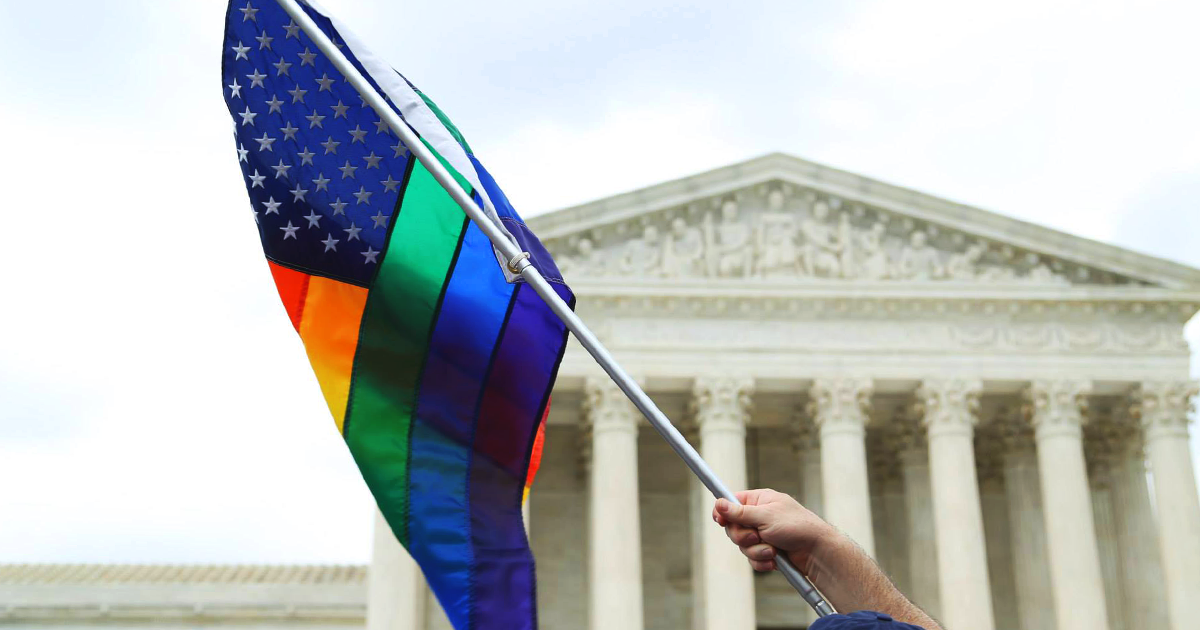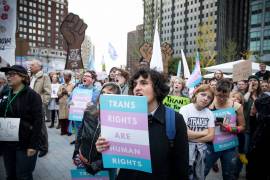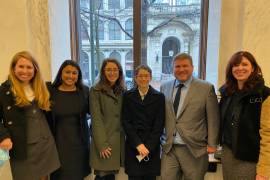Well, it’s here! Today is the first Monday in October, which means it’s the day the Supreme Court begins its new term.
And this year, it’s a term full of promise. But it’s also a term full of threats to the future of civil rights in our nation, and to the equality of LGBTQ people.
Here’s what to look out for.
(Click on each case name to learn more about it.)





